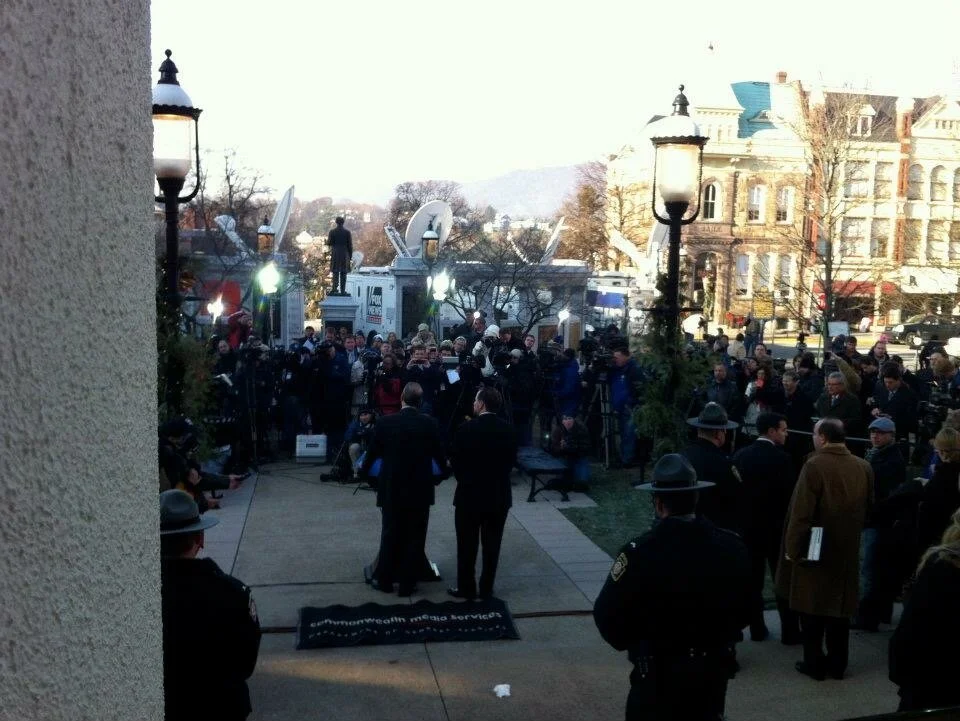We must challenge the culture of silence about child sexual abuse in football
/Professional footballers, including the former Crewe Alexandra player Andy Woodward, have been speaking out recently about their experiences of sexual abuse as children. They include alleged victims of football coach Barry Bennell, who was sentenced to nine years in prison in 1998, and are waiving their right to anonymity.
The NSPCC said a special hotline, set up after four professional footballers spoke out about their abuse, received more than 50 calls in its first two hours.


